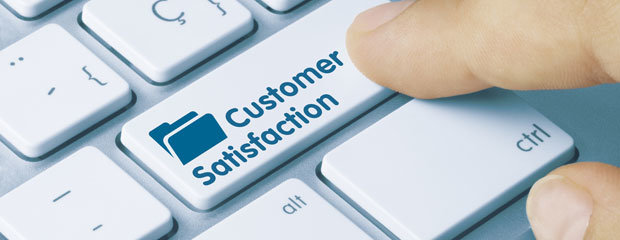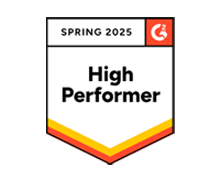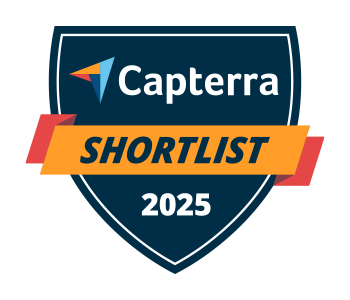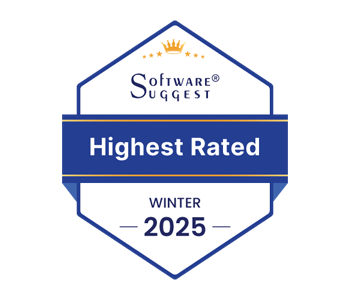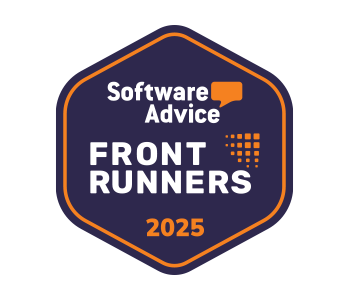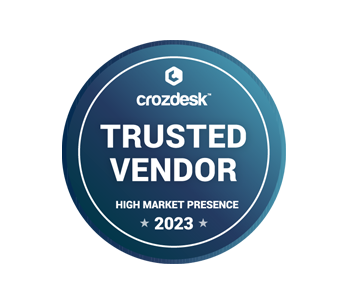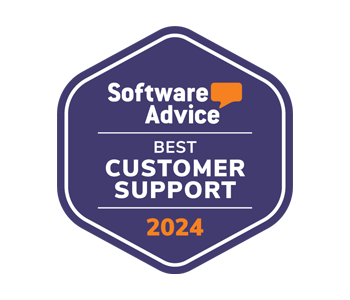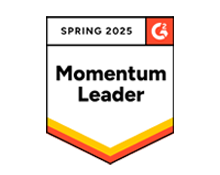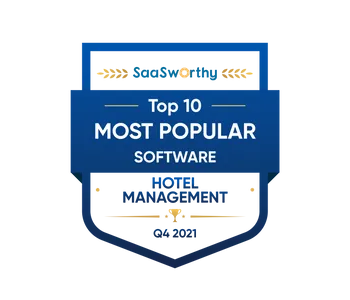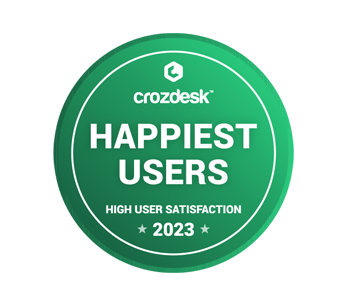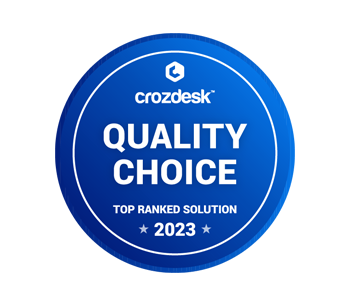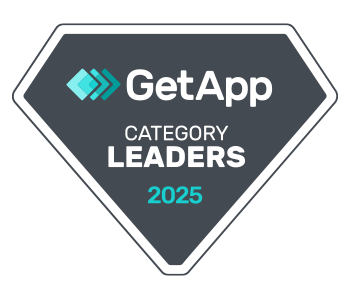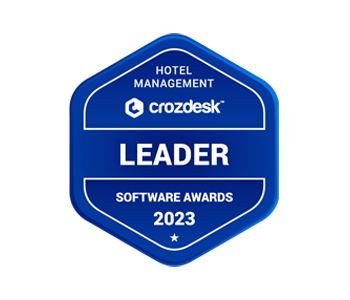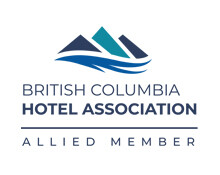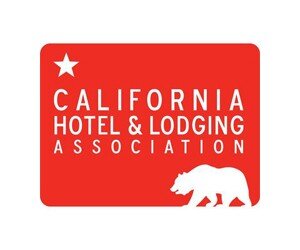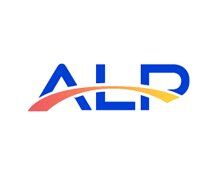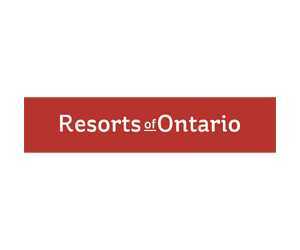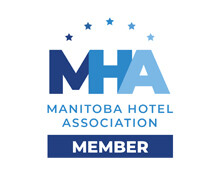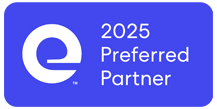As the hospitality industry grows increasingly competitive, more and more properties are investing in technology to help manage and enhance the guest experience. Ultimately, this means technology designed to automate and streamline operations that impact the guest experience, from guest transactions to communications to housekeeping.
Expressly designed to automate daily hotel operations, property management systems (PMS) are at the heart of guest experience management. Here are six key examples of how a cloud PMS empowers lodging operators to upgrade the guest experience.
1. Streamlined Check-in and Check-out
Without a streamlined and automated front-desk system, the check-in and check-out process can be a complicated business. Such manual administrative tasks as looking up reservations, completing guest registration cards, assigning rooms, settling bills and taking payments make for a long drawn-out process that distracts front desk staff from the customer in front of them.
For an efficient, guest-centric check-in and check-out process that enhances the customer experience, front desk staff must be supported by an automated and intuitive property management system. Through data integration, cloud PMS greatly reduce the manual workload by automating and speeding up the abovementioned tasks. The system makes it easy to locate and edit reservation folios, and recognize returning guests. It can automatically assign rooms and track outstanding balances.
By automating the administrative workload, cloud PMS allow front desk staff to focus on interacting with the guest, and provide them with tools (such as guest profiles — more on this below) for personalizing the guest experience.
2. Guest Profiles
PMS that offer the ability to capture and store guest profile data are key to enhancing the guest experience. Beyond guest names and contact details, profiles should comprise information that helps a property really know its customers, including stay and transaction history (across services such as restaurant, spa, etc.), preferences and requests (like allergies and room preferences), and birthdays and anniversaries.
Armed with detailed guest profiles, properties can easily recognize returning guests, deliver more personalized communications and offers, and provide the kind of proactive personalized service pre-, during and post-stay that turns customers into loyal guests.
3. On-the-Go Access
One of the most impactful advantages of cloud technology is mobile accessibility. When a cloud PMS is optimized for mobile devices it becomes an even more powerful tool for improving efficiency and guest service.
From paperless check-in with electronic signature capture to reservation folio data to housekeeping reports, the ability to access and update PMS data on the go via a mobile device empowers hotel staff to deliver more efficient, personalized service to guests — in the moment, and from anywhere on the property.
4. Automated Emails
All customer touchpoints represent a valuable opportunity to enhance the customer experience — and email communications are no exception.
Reservation confirmations and pre-arrival emails should provide customers with helpful information (such as services and amenities on offer, events, insider tips and upgrade options) and can help capture additional guest data such as preferences and requests that enables you to get to know your guests better. Post-stay thank-you emails are especially effective at gathering feedback and reviews that reveal opportunities for service improvement.
A modern property management system not only stores email addresses within guest profiles, but should also offer the ability to send customizable (and personalized) emails to guests automatically, triggered by reservation data such as check-in and check-out dates and room and rate codes. Through direct integration with CRM systems, your PMS can help your email campaigns drive guest engagement to the next level.
5. Value-added Packages and Services
Value-added packages work to increase customer satisfaction by providing high perceived value. Along with ancillary services such as spa, dining and activities, packages allow guests to customize their stay experience, resulting in a more memorable one.
A property management system that makes it easy to set up packages, discounts and add-ons (and to sell those packages, discounts and add-ons across online channels) offers lodging operators a very practical way to upgrade the guest experience by offering customers more value.
6. Cross-System Integration
One of the major advantages of a cloud PMS is the ability to integrate with other core hotel systems such as POS, CRM and RMS systems, as well as OTAs, loyalty programs, mobile apps and more. Thanks to common Web standards and open APIs, cross-system integration is easier and more cost-effective in the cloud than it is among on-premise systems.
Maximizing efficiency and accuracy by automating processes between systems, PMS integration with other hotel systems is key to streamlining tasks that impact the guest experience, from confirming online reservations to check-in and check-out. For example: OTA integration automates the process of updating inventory across online channels and capturing online bookings in the PMS; a POS interface automatically posts restaurant charges to the guest’s folio; and a payment gateway interface allows credit card payments to be processed directly through the PMS. For more information on the benefits of integrating your PMS to other hotel systems, check out our Quick Guide to PMS Integration.
In all cases, cross-system integration greatly reduces manual administrative workload, affording hotel staff more time to focus on their guests.
A modern property management system is key to managing the guest experience. Backed by the right tools for streamlining processes, gathering and tracking data, and selling stay experiences, your property is well-equipped to continue elevating the guest experience in an increasingly competitive industry.
